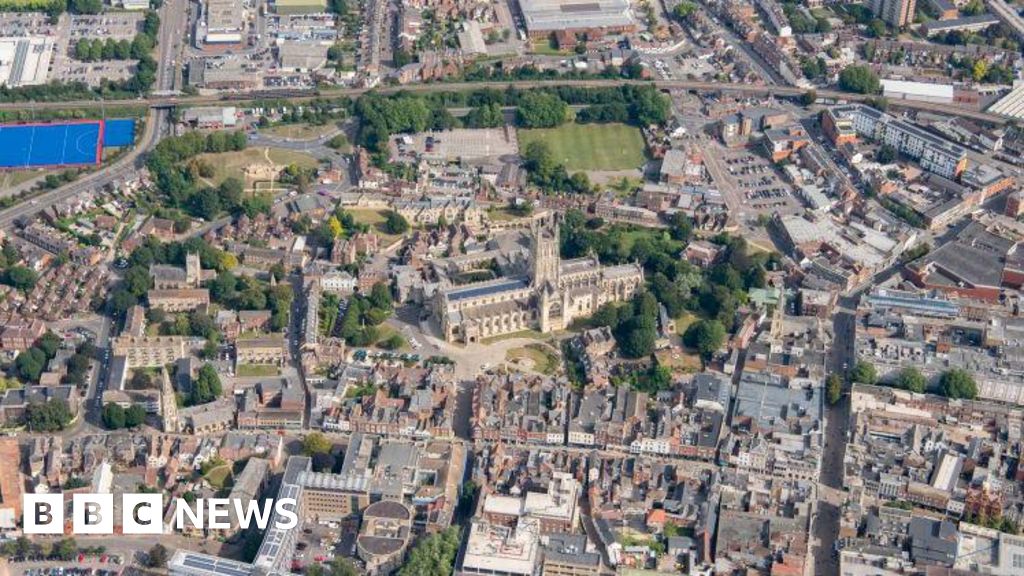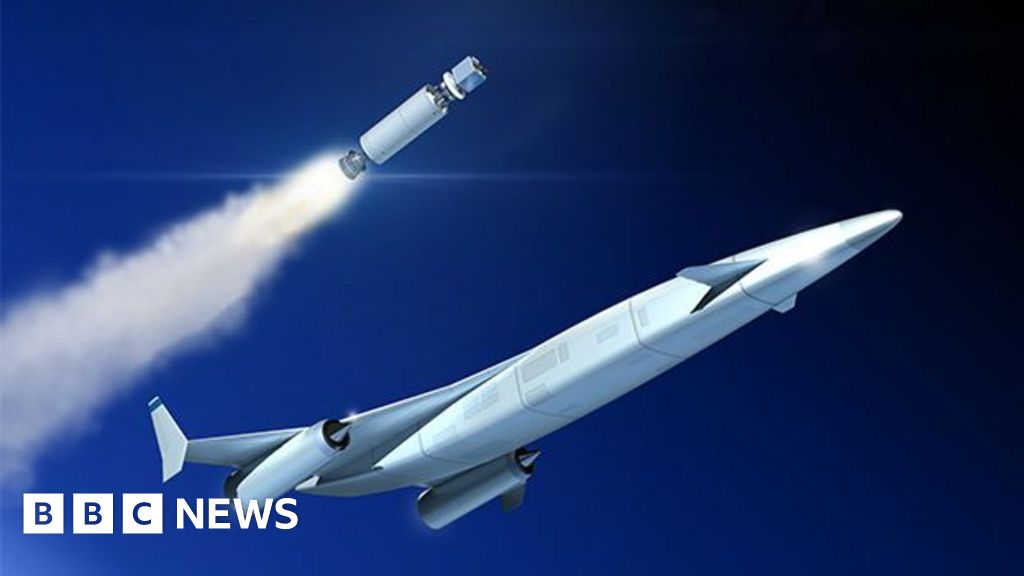- Green
‘Not really leaving’: Trump bids goodbye to Elon Musk at White House event
时间:2010-12-5 17:23:32 作者:Housing 来源:Baseball 查看: 评论:0内容摘要:Right-wing Israelis chant anti-Arab slogans and march through Palestinian areas as they mark Jerusalem Day.Right-wing Israelis chant anti-Arab slogans and march through Palestinian areas as they mark Jerusalem Day.
“The army is meant for defending the nation, not for policing … We must return to barracks after elections,” Waker was quoted in The Daily Star as saying.His remarks indicate a difference of opinion with the Yunus administration’s stated intention of holding elections no earlier than mid-2026, to allow time for political and electoral reforms first, in order to ensure a fair election.

According to local media reports, Waker is also strongly opposed to key initiatives being considered by the interim government. On a proposed humanitarian corridor into Myanmar’s Rakhine State, he reportedly said: “There will be no corridor. The sovereignty of Bangladesh is not negotiable.” He warned that any such move could drag Bangladesh into a dangerous proxy conflict. “Only a political government elected by the people can make such decisions,” he said, according to the paper.The army chief also voiced concern about making other decisions without an electoral mandate – including the potential foreign management of Chattogram Port, Bangladesh’s main seaport, and the launch of Starlink, Elon Musk’s satellite internet service – which he said could compromise national security. “The army will not allow anyone to compromise our sovereignty,” The Daily Star quoted him as saying.His remarks came amid widespread speculation – still unaddressed by either the military or the government – that the Yunus administration had attempted to remove General Waker from his post last week. Though unconfirmed, the rumour has dominated public discourse and prompted questions about civil-military relations during the transitional period.

The timing, therefore, of General Waker’s assertive public statement – and its emphasis on constitutional process and national sovereignty – is widely viewed as a signal of growing unease within the military over the interim government’s expanding civilian initiatives, according to analysts.Are there tensions with political parties as well?

Yes. Since its formation on August 8 last year, the interim government has faced escalating pressure from different sides. While the main opposition Bangladesh Nationalist Party (BNP) insists that national elections must be held by December, the National Citizen Party (NCP) – a student-led party formed earlier this year – and several other political groups argue that sweeping reforms and the prosecution of former Awami League (AL) leaders for killings resulting from the brutal crackdown on student-led protests last year must precede any election.
Bangladesh’s largest political party, the BNP, has launched a wave of protests over other demands as well, including that its candidate, who lost an allegedly rigged mayoral election in Dhaka on February 1, 2020, under the Awami League regime, be reinstated as mayor.“Now they know it is not the reality. In view of this ground reality, they have adopted a new realistic and pragmatic approach, which is good for everyone,” he said.
Ibraheem Bahiss, analyst at the International Crisis Group, said the meeting between Muttaqi and Iranian President Pezeshkian doesn’t signal an “impending official recognition”. However, he said, “pragmatic considerations” have driven Iran to engage the Taliban, given its “key interests” in Afghanistan.“Security-wise, Tehran wants allies in containing the ISIS [ISIL] local chapter. Tehran has also been seeking to expand its trade relations with Afghanistan, now being one of its major trading partners,” he told Al Jazeera.
In January 2024, twin suicide bombings in Kerman marked one of Iran’s deadliest attacks in decades, killing at least 94 people. The Islamic State Khorasan Province (ISKP), an Afghanistan-based offshoot of ISIL, claimed responsibility.In recent years, ISKP has also emerged as a significant challenge to the Taliban’s rule, having carried out multiple high-profile attacks across Afghanistan.
- 最近更新
- 2025-07-07 06:02:54Can women’s career success be a recipe for divorce?
- 2025-07-07 06:02:54Associated PressCooper Flagg taken by the Dallas Mavericks with the No. 1 pick in 2025 NBA Draft
- 2025-07-07 06:02:54CNN4 astronauts launch to the space station as NASA grapples with strange twist in leak issue
- 2025-07-07 06:02:54Gen Z’s particular twist on slacking could signal an insecurity about their job
- 2025-07-07 06:02:54Video Duration 01 minutes 59 seconds play-arrow01:59
- 2025-07-07 06:02:54HSBC considers ordering all staff back to office 3 days a week
- 2025-07-07 06:02:54Ending the ‘infinite workday’
- 2025-07-07 06:02:54The person worth waiting for, based on your birth month
- 热门排行
- 2025-07-07 06:02:54decrease along with lower Fed rates
- 2025-07-07 06:02:54Anyone for tennis? An insider guide to London’s new wave of social clubs
- 2025-07-07 06:02:54How Sweet Eats’s Favorite Baked Beans
- 2025-07-07 06:02:54Emotionally competent partners are valuable to workers and bosses alike
- 2025-07-07 06:02:54AIRROBO Smart Pool Robot Vacuum$370$600Save $230with coupon
- 2025-07-07 06:02:54Three top golf courses within swinging distance of Edinburgh
- 2025-07-07 06:02:54timing of claiming Social Security benefits
- 2025-07-07 06:02:54Can start-up success be taught?
- 友情链接
- Is the 12-day Israel-Iran war really over – and who gained what? Dnipro church hit by Russian missile mid-service Who is attending the NATO summit and what’s on the agenda? US-Israel-Iran conflict: List of key events, June 24, 2025 Trump pushes Israel and Iran to preserve ceasefire Palestine Action supporters protest against UK ban US attacks on Iran risk global conflict, Russia and China warn As Israel-Iran war escalates, Ukraine fears ‘more losses’ to Russia Qatar PM: Iran strike inflicted ‘scar’ on relations Russia-Ukraine war: List of key events, day 1,216 Cuomo vs Mamdani: New York mayoral race showcases Democratic rift US sanctions alleged leader of Venezuelan gang Tren de Aragua England beat India in thrilling first Test finale Greece probes Azerbaijani arrested for espionage for links to Iran US sanctions alleged leader of Venezuelan gang Tren de Aragua Rishabh Pant, KL Rahul centuries set up epic England run chase on day five The poppiest pop-ups of summer 2025 US sanctions alleged leader of Venezuelan gang Tren de Aragua The struggle to get inside how AI models really work Trump shares texts from NATO chief praising ‘decisive action’ on Iran US judge allows company to train AI using copyrighted literary materials Smash hits: nine Londoners’ favourite public courts US sanctions alleged leader of Venezuelan gang Tren de Aragua ‘Quality is key’: Delphine Arnault opens a new chapter at LVMH’s Dior Who is attending the NATO summit and what’s on the agenda? ‘It’s not peace – it’s a pause’: Iranians sceptical ceasefire will hold Israel, Iran in shaky ceasefire as Trump lashes out at both Trump shares texts from NATO chief praising ‘decisive action’ on Iran Greece probes Azerbaijani arrested for espionage for links to Iran Trump: no ‘regime change’ in Iran, urges calm after strikes
